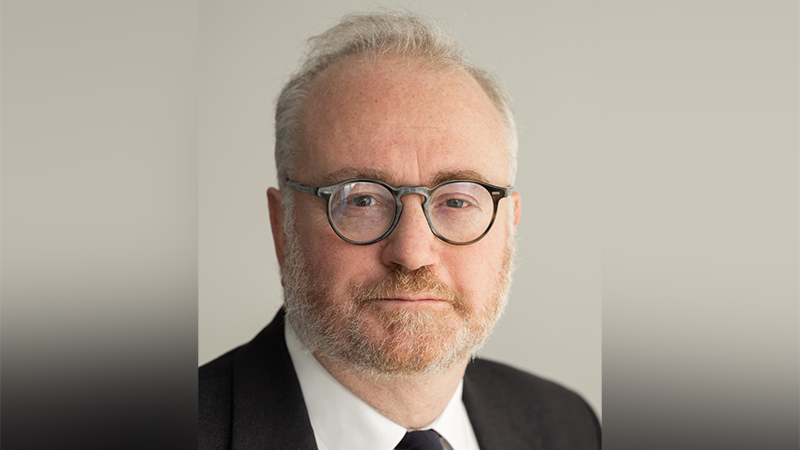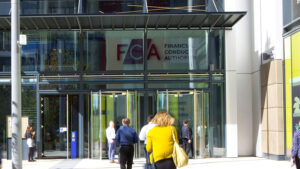Mid Wynd International Investment Trust chair Russell Napier backs quality growth stocks as one of the only ways to deliver returns above generationally-high inflation.
Lazard’s Louis Florentin-Lee and Barnaby Wilson are set to take over the trust’s portfolio in October following the retirement of current manager, Artemis’s Simon Edelsten.
Explaining the reasons behind the decision, board chair Russell Napier told Portfolio Adviser: “It’s time for a board to do something. It’s not necessarily a time to leave Artemis – I want to stress that. Artemis put up another fund manager, but it was time for us to look at that manager in relationship to other companies, which is the job of the board.
“So, we did that and Artemis were in the running right up to until the final day, right up to the shortlist of four. Ultimately, from that shortlist of four, we found something we think is really quite exciting.”
Florentin-Lee and Wilson currently co-manage the £736m Lazard Global Quality Growth strategy. Over the decade to the end of June 2023, the fund returned 248.8% after fees, compared to 138.2% for the IA Global sector.
See also: “Former Artemis manager to launch new global equity business“
Napier added: “I think the way they do this is replicable. That’s the key reason for going to Lazard – there is a decided way that they [achieve outperformance]. I think this is a way that you can beat inflation, by investing in companies that produce a high internal rate of returns and reinvest the cash flows. We are excited about what they have achieved so far, but it’s also the way that they do it as to why we decided to move on.”
He expanded on the approach in the trust’s annual results, released today (6 September). He said: “Investing in companies that can both produce high returns on capital and also reinvest their cash flows at similarly high returns is an approach that is likely to be particularly attractive in an age of higher inflation.
“While none of us can forecast the peak level that inflation might reach in any business cycle, the structural changes underway in the world do seem to augur a materially higher level of inflation than we have been used to over the past decades.
“To defend savings from the erosion of purchasing power that comes with higher inflation, one approach will be to invest in companies that can invest and reinvest their cash flows for returns that very significantly exceed the rate of inflation.”
For the year ending 30 June, the trust’s net asset value per ordinary share rose 5.6%, against its MSCI All Country World Index of 11.3%.
Meanwhile, its share price grew 1% over the year, while dividends per share edged up to 7.80p from 7.20p in the previous year.
Napier added that a major trend impacting markets over the last few years is a rise in government intervention.
He said: “This is a trend that is very likely to continue as governments react to what are the growing list of ‘crises’ confronting the electorate – climate change, war in Europe, a cold war with China, the higher cost of living, and so on. While such intervention may mitigate the extremes of the business cycle, it comes at a price for savers in the form of greater government interference in the allocation or private capital / savings.
“History suggests that such government interference rarely results in higher returns on capital for the companies so co-opted by governments. A well-chosen portfolio of equities may be one of the few places for investors to hide in such a world, particularly by investing in the high-quality companies that can continue to produce high returns on capital even during such shifts in the balance between markets and governments.”







